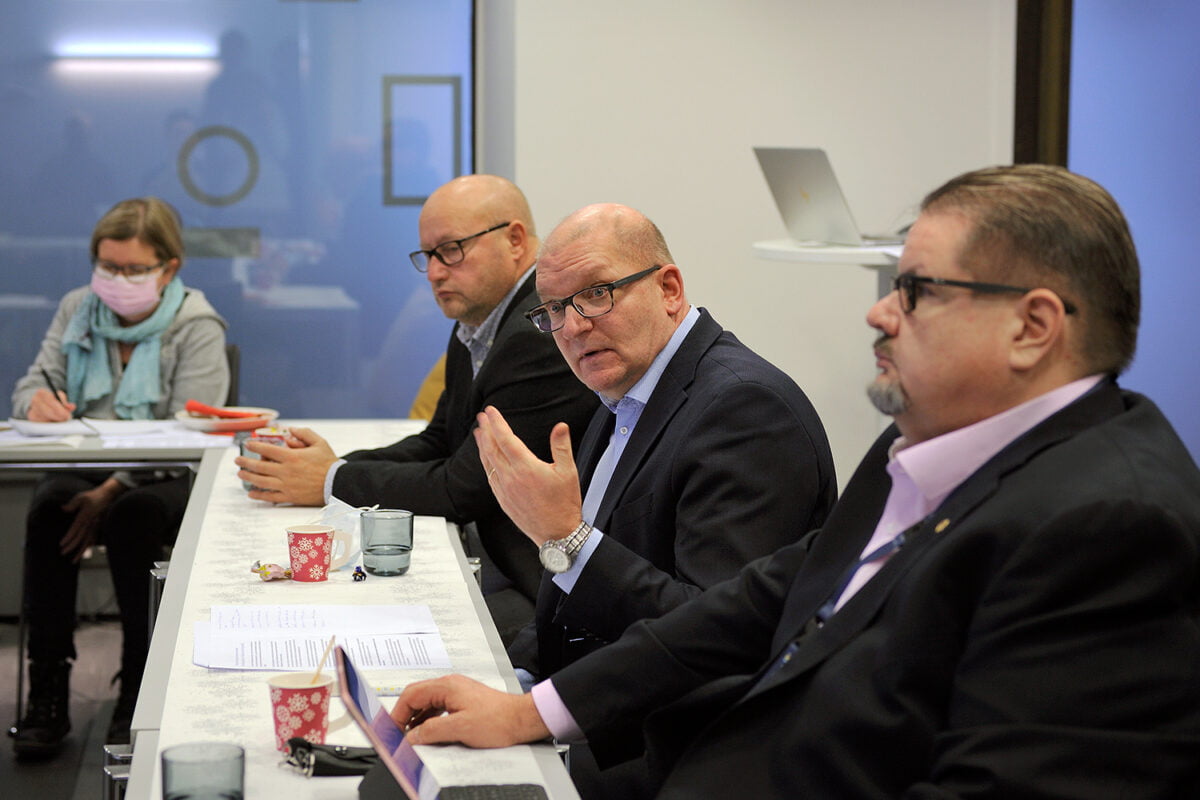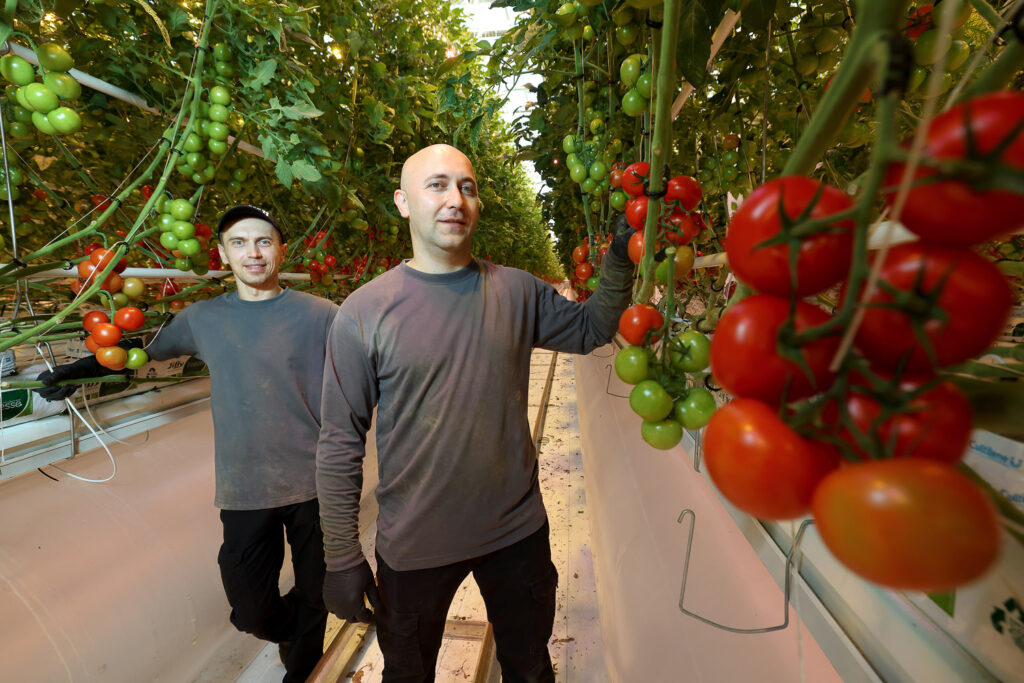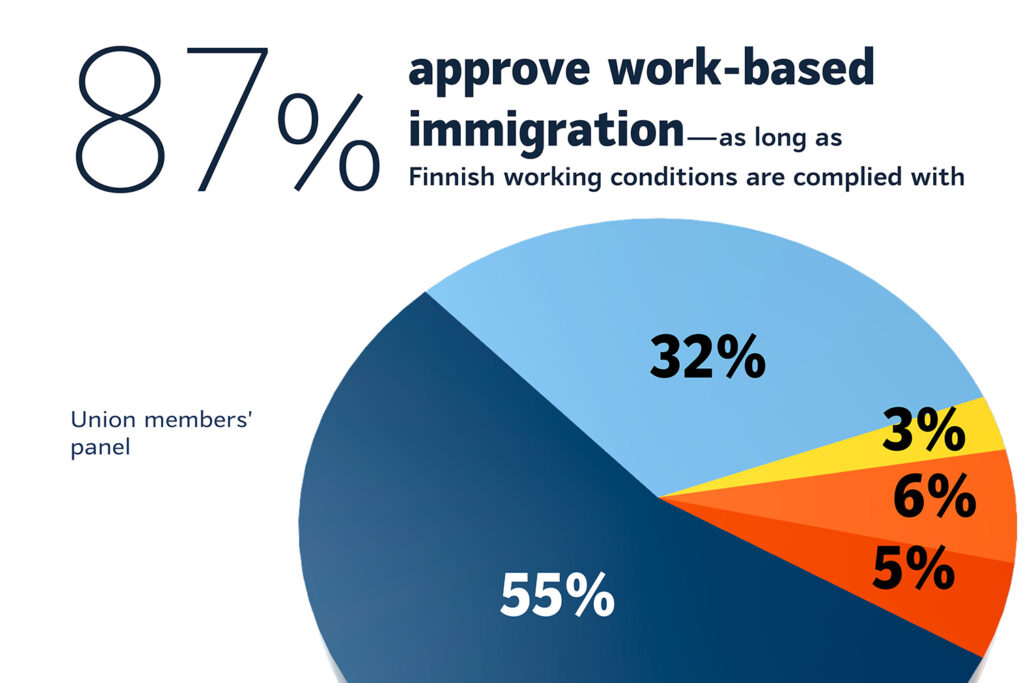Collective bargaining is alive and kicking
In the last few years we have witnessed major changes in Finnish labour market relations.
In October 2020, the forest industry employers’ association declared they would no longer take part in national level collective bargaining. In March 2021, the Technology Industries of Finland announced that it was also pulling out of national collective bargaining.
The intention behind this is to move collective bargaining from the national and union level to the company level, and finally, to the individual itself: a single worker against company lawyers and bosses.
But the Industrial Union has vowed not to let any member stand alone. It said clearly that it will always defend, collectively, all members’ rights and income.
Now, in the mechanical forestry industry the Industrial Union must draft some 200 company-level collective agreements. Some companies are happy to close a quick deal for several years, some do not even want to speak to the union.
The Industrial Union has vowed not to let any member stand alone.
However, a number of agreements have already been approved in the mechanical forestry industry, like Varkauden Puu, UPM, Koskisen and Metsä Group. But, the union has been forced to strike at Siklaelementit and also issue some strike warnings.
The old mechanical forestry industry collective agreement has already expired, but it is still operative until a new pay deal is done.
The technology industry companies realised that a national agreement was the better option and established a new association for collective bargaining only Now, it covers companies employing more than half of the employees in the branch.
In January, the union accepted the new national pay deal for the technology industry. It will fulfill the criteria for being generally binding. This means that all companies in the branch must follow the collective agreement, and it covers 90,000 employees.
This deal means a 2 per cent pay rise in 2022. The general pay rise for all will be 1.5 per cent and a company based agreed component of 0.5 per cent. The pay for the second year will be agreed later.
In other sectors negotiations are proceeding at national level as usual. By the middle of January, the union had approved new collective agreements for the car retail and engineering branch – which covers 20,000 employees – rural industries, ore mines, sheet and industrial insulation branch, chemical industry, horticultural branch, fur production, peat production and landscaping branch.




